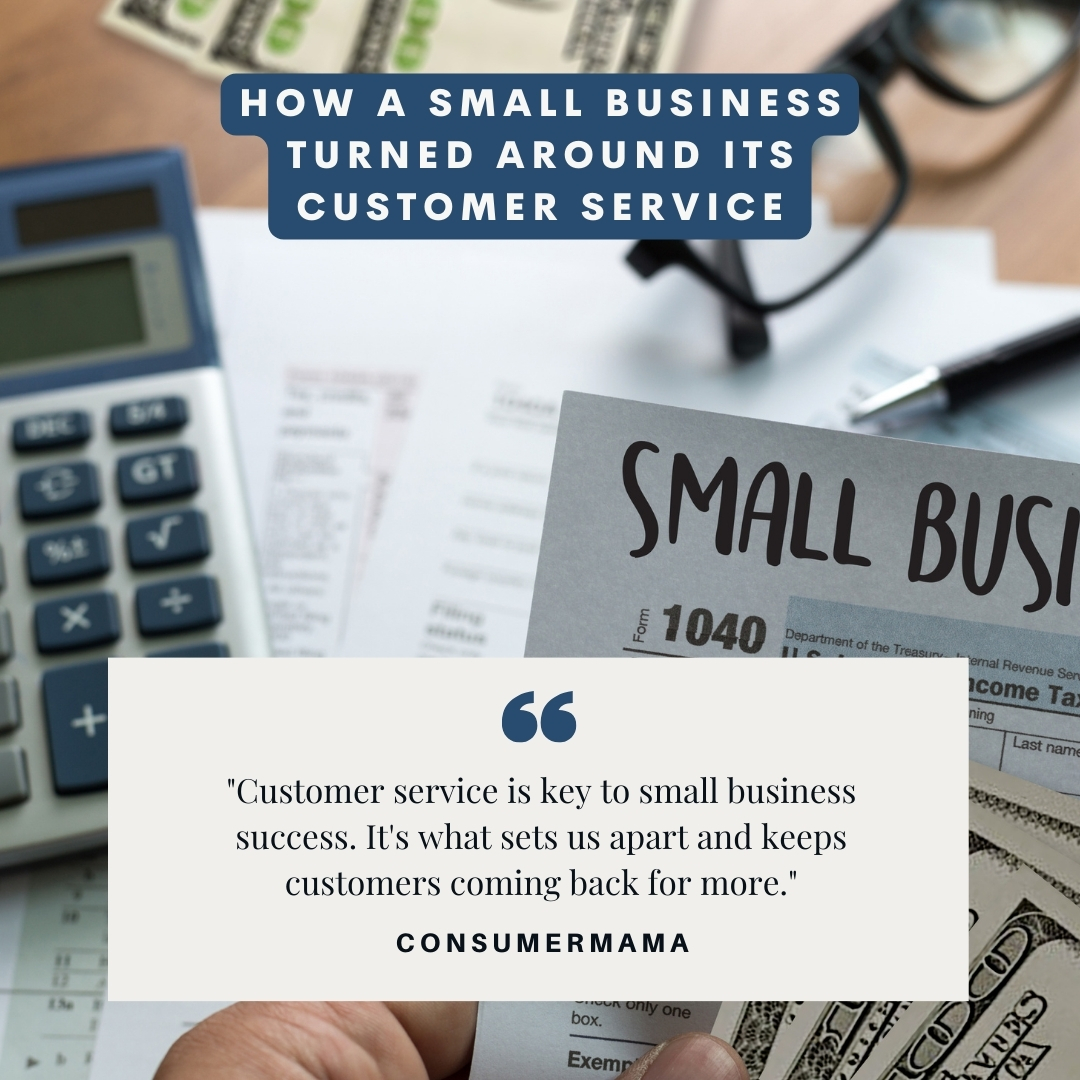By ConsumerMama (Sola Salako-Ajulo)
In today’s highly competitive market, transparency isn’t just a buzzword—it’s a vital aspect of successful business practices. As a seasoned advocate for consumer rights, I’ve witnessed firsthand how transparency can transform a business. In this article, I will delve into the importance of transparency, explore real-world examples, and offer practical steps for businesses to foster transparency.
What is Transparency in Business Practices?
Transparency in business practices means being open and clear about a company’s operations, decisions, and policies. It involves disclosing relevant information to stakeholders, maintaining open communication, and being accountable for business actions. Transparency can be categorized into several key components:
- Disclosure of Information: Clear, accurate, and timely information about products, services, and company practices.
- Accountability: Accepting responsibility for business decisions and their impacts.
- Open Communication: Engaging in honest and straightforward dialogue with customers, employees, and partners.
Real-World Examples of Transparency in Action
1. Patagonia’s Commitment to Environmental Sustainability
Example: Patagonia, the outdoor clothing company, is a prime example of transparency. The company publishes detailed information about their supply chain, including the environmental impact of their products. Their “Footprint Chronicles” offers insights into the lifecycle of their products, from raw materials to finished goods.
Impact: This level of transparency builds trust with environmentally conscious consumers. Patagonia’s commitment to sustainability has earned them a loyal customer base, enhanced their reputation as an ethical brand, and set a standard for environmental responsibility in the industry.
Case Study Highlights:
- Initiative: Patagonia’s “1% for the Planet” pledge, where they donate 1% of sales to environmental causes.
- Result: Increased consumer loyalty and a positive brand image as a leader in corporate responsibility.
Takeaway: Transparency about business practices, especially related to environmental impact, can attract a dedicated customer base and set a company apart from competitors.
2. Starbucks’ Open Farm Policy
Example: Starbucks has made strides in transparency through its “Coffee and Farmer Equity (C.A.F.E.) Practices.” This initiative involves sharing detailed information about coffee sourcing, including the conditions under which coffee is grown and harvested.
Impact: By disclosing information about their supply chain, Starbucks builds trust with customers who are increasingly concerned about ethical sourcing practices. This transparency helps customers make informed choices and fosters a positive brand image.
Case Study Highlights:
- Initiative: Starbucks publishes detailed reports on coffee sourcing and farmer welfare.
- Result: Enhanced consumer trust and a strong market position as a socially responsible company.
Takeaway: Transparent practices related to sourcing and fair trade can improve consumer perceptions and reinforce brand integrity.
3. Everlane’s Radical Transparency
Example: Everlane, a fashion retailer, embraces “Radical Transparency” by revealing the true costs behind their products, including materials, labor, and markups.
Impact: This approach demystifies the pricing of their products and builds trust with consumers who appreciate honest pricing and detailed information.
Case Study Highlights:
- Initiative: Everlane’s “Transparency” page shows the cost breakdown for each product and the factories where they are produced.
- Result: Strengthened customer trust and differentiated the brand in a crowded fashion market.
Takeaway: Being open about costs and manufacturing processes can attract customers who value transparency and ethical business practices.
Why Transparency is Crucial for Business Success
1. Builds Trust with Customers
Transparency is the bedrock of trust between businesses and their customers. When businesses are open about their practices, customers feel more confident in their purchasing decisions.
Example: Ben & Jerry’s is well-regarded for their transparency in product sourcing and social activism. Their clear stance on social issues and detailed product information foster a strong connection with consumers who share their values.
How to Achieve This:
- Clearly display product information and business practices on your website.
- Communicate openly about company values and practices through marketing and customer service channels.
2. Enhances Brand Reputation
A transparent business is often seen as more ethical and reliable, which enhances brand reputation.
Example: TOMS Shoes started as a company that transparently shared their “One for One” giving model, where for every pair of shoes sold, a pair was donated to a child in need.
How to Achieve This:
- Promote your ethical practices and initiatives through press releases, blog posts, and social media.
- Engage with customers about your contributions and achievements in your field.
3. Encourages Ethical Behavior
Transparency ensures businesses adhere to ethical standards by exposing practices to public scrutiny.
Example: The Body Shop has long been transparent about their commitment to ethical sourcing and activism against animal testing.
How to Achieve This:
- Establish and communicate a clear code of ethics for your business.
- Regularly report on business practices and their impact.
4. Strengthens Customer Relationships
Open communication helps build and maintain strong customer relationships.
Example: Zappos is famous for their customer service and transparency. They openly share their customer service philosophy and ensure every interaction reflects their commitment to customer satisfaction.
How to Achieve This:
- Provide clear and accessible channels for customer feedback.
- Respond promptly and honestly to customer inquiries and complaints.
5. Supports Regulatory Compliance
Transparency aids in meeting regulatory requirements and avoiding legal issues.
Example: Johnson & Johnson publishes comprehensive reports on product safety and recalls to maintain regulatory compliance and build trust with consumers.
How to Achieve This:
- Keep accurate records and be transparent about regulatory compliance efforts.
- Regularly review and update your practices to meet legal requirements.
6. Drives Long-Term Success
A commitment to transparency leads to sustainable business success by building trust, enhancing reputation, and fostering innovation.
Example: Unilever integrates transparency into their “Sustainable Living Plan,” which focuses on sustainability and corporate responsibility.
How to Achieve This:
- Invest in long-term strategies that promote transparency and ethical practices.
- Regularly review and update transparency initiatives to reflect evolving standards.
Practical Steps for Implementing Transparency in Your Business
1. Communicate Clearly and Regularly
Establish clear channels for communicating with customers, employees, and stakeholders. Use your website, social media, and newsletters to provide updates and share information.
2. Be Honest About Business Practices
Avoid hiding information or making misleading claims. Provide accurate details about your products, services, and business operations.
3. Engage in Open Dialogue
Encourage feedback from customers and address concerns openly. Create forums or platforms for customers to share their opinions and experiences.
4. Publish Regular Reports
Share updates on your business practices, achievements, and challenges. Publish annual reports, sustainability updates, and financial statements as appropriate.
5. Train Employees on Transparency
Ensure that all employees understand and adhere to transparency practices. Provide training on effective communication and ethical behavior.
6. Establish a Code of Conduct
Develop and communicate a clear code of conduct that outlines your commitment to transparency and ethical practices.
7. Monitor and Evaluate
Regularly review your transparency practices and seek feedback from stakeholders. Make adjustments as needed to improve your transparency efforts.
Conclusion
Transparency in business practices is essential for building trust, enhancing reputation, and achieving long-term success. By being open and honest with customers and stakeholders, businesses can foster strong relationships, adhere to ethical standards, and position themselves for future growth.
For more insights on protecting yourself and understanding consumer rights, get your copy of my book, “Protect Yourself: Your Naija Guide to Consumer Rights”. Click here to purchase your copy today and take proactive steps towards securing your digital identity.
Stay transparent and successful,
ConsumerMama
Sola Salako-Ajulo
P.S.: Subscribe to our newsletter for more tips, updates, and insights on business ethics and consumer rights. Together, we can create a fair and open marketplace for all!



